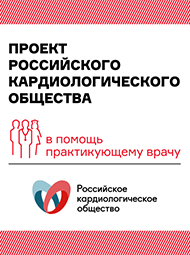Effectiveness of Combination Therapy With Statin and Another Lipid-Modifying Agent Compared With Intensified Statin Monotherapy: A Systematic Review
Background: Some patients do not tolerate or respond to high-intensity statin monotherapy. Lower-intensity statin combined with nonstatin medication may be an alternative, but the benefits and risks compared with those of higher-intensity statin monotherapy are unclear.
Purpose: To compare the clinical benefits, adherence, and harms of lower-intensity statin combination therapy with those of higher-intensity statin monotherapy among adults at high risk for atherosclerotic cardiovascular disease (ASCVD).
Data Sources: MEDLINE, EMBASE, and the Cochrane Central Register of Controlled Trials from inception to July 2013, with an updated MEDLINE search through November 2013.
Study Selection: Randomized, controlled trials published in English.
Data Extraction: Two reviewers extracted information on study design, population characteristics, interventions, and outcomes (deaths, ASCVD events, low-density lipoprotein [LDL] cholesterol, adherence, and adverse events). Two independent reviewers assessed risk of bias.
Data Synthesis: A total of 36 trials were included. Low-intensity statin plus bile acid sequestrant decreases LDL cholesterol 0% to 14% more than does mid-intensity monotherapy among high-risk hyperlipidemic patients. Mid-intensity statin plus ezetimibe decreases LDL cholesterol 5% to 15% and 3% to 21% more than does high-intensity monotherapy among patients with ASCVD and diabetes mellitus, respectively. Evidence was insufficient to evaluate LDL cholesterol for fibrates, niacin, and ω-3 fatty acids. Evidence was insufficient for long-term clinical outcomes, adherence, and harms for all regimens.
Limitations: Many trials had short durations and high attrition rates, lacked blinding, and failed to assess long-term clinical benefits or harms.
Conclusions: Clinicians could consider using lower-intensity statin combined with bile acid sequestrant or ezetimibe among high-risk patients intolerant of or unresponsive to statins; however, this strategy should be used with caution given the lack of evidence on long-term clinical benefits and harms.
Source: annals.org


.jpg)



